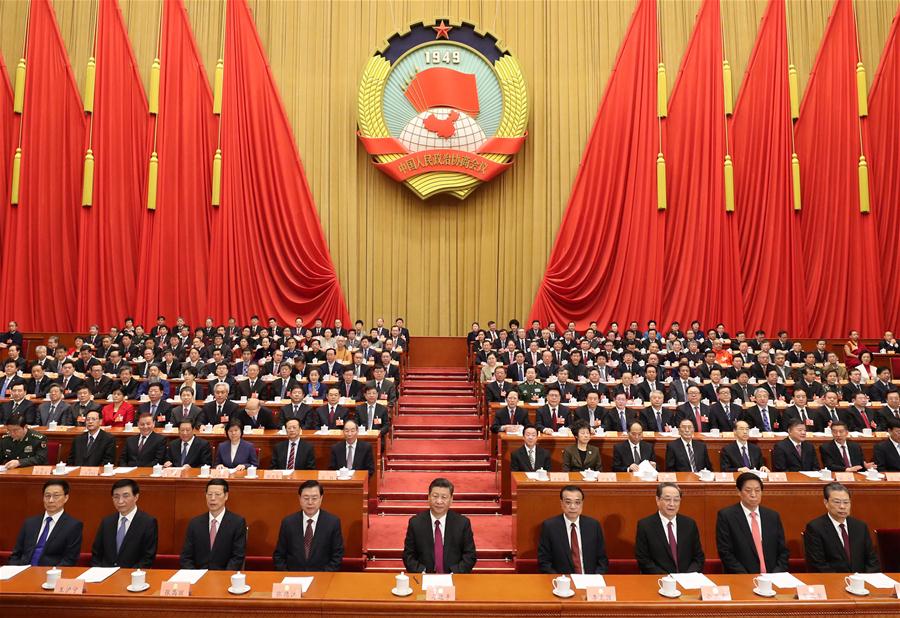China aims to build a high-standard socialist market economy by 2035 by enhancing the role of market mechanisms to create a fairer and more dynamic market environment.
According to a report in China Daily, this goal was outlined in a communique issued on July 18 after a key reform-themed meeting of the ruling Communist Party of China (CPC).
The goal is part of the reform priorities set during the third plenary session of the CPC’s 20th Central Committee, held from July 15 to 18 in Beijing. At the session, a resolution on further deepening reform to advance Chinese modernisation was adopted, with General Secretary President Xi Jinping delivering explanatory remarks on the draft resolution.
The meeting, highly anticipated, came as multiple reform policies are needed to address challenges on the path to Chinese modernisation, emphasising the coordination of development and security.
The dispatch stated that market restrictions will be lifted while ensuring effective regulation to maintain market order and address market failures. It emphasised the importance of ensuring that all economic entities have equal access to production factors, can participate in market competition on a level playing field and are protected by law as equals.
To improve macroeconomic regulation, the communique indicated that China will deepen coordinated reforms in fiscal, tax, financial and other major sectors, enhancing the consistency of macroeconomic policies.
The third plenary sessions of the CPC Central Committee have historically been a platform for launching major reforms.
During the third plenary session of the 11th CPC Central Committee in 1978, when the decision was made to embark on reform and opening-up, China initiated reforms to Party charts reform course CPC Central Committee vows to enhance higher-standard opening-up, expand international cooperation.
Cao Desheng reports transition from a planned economy to a market economy, continuously advancing market-oriented reforms since then, with the role of market mechanisms in resource allocation steadily strengthening.
Particularly since the 18th National Congress of the CPC in 2012, China has comprehensively deepened reforms, attached great importance to the optimisation of the business environment, advanced reforms to delegate powers, streamlined administration and optimised government services, and continuously relaxed market access.
Ouyang Yaofu, an associate research fellow at the Institute of Economics of the Chinese Academy of Social Sciences, said that reform and opening up in China are always ongoing and will never end.
China’s journey from a planned economy to a market economy through market-oriented reforms has been of immense significance not only for China itself, but also offers valuable lessons for other countries, Ouyang said.
Describing opening-up as a defining feature of Chinese modernisation, the communique said that China will promote reform through opening-up. By leveraging the strength of its huge market, China will enhance its openness while expanding international cooperation, and develop a new system of higher-standard open economy, it said.
The statement also underlined the need to steadily expand institutional opening-up, deepen foreign trade structural reform, further reform the management systems for inward and outward investment, and refine the mechanisms for high-quality co-operation under the Belt and Road Initiative.
At the session, the CPC Central Committee also made systematic plans for further deepening reform with the emphasis on promoting high-quality economic development, supporting all-around technological innovation, promoting integrated urban-rural development, advancing whole-process people’s democracy, and promoting socialist rule of law with Chinese characteristics.
Priorities will also be given to deepening reform in the cultural sector, ensuring and improving the people’s well-being, deepening reform in ecological conservation, modernising China’s national security system and capacity, deepening national defence and military reform, and improving the Party’s leadership in further deepening reform in all respects to advance Chinese modernisation, according to the communique.
Zheng Shanjie, director of the National Development and Reform Commission, said that the third plenary session is of milestone significance, as it closely focused on the theme of Chinese modernisation and scientifically worked out the overall deployment for further deepening reforms.





